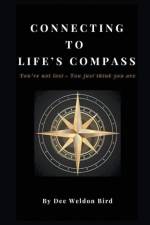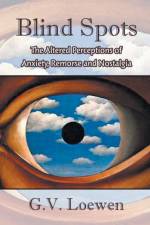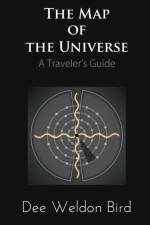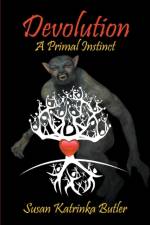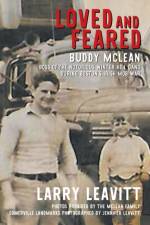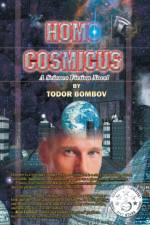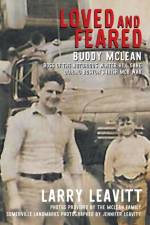- The Altered Perceptions of Anxiety, Remorse and Nostalgia
av G V Loewen
505,-
We ask of both ourselves and of our traditions, how does anxiety work? Why does it assail us in this or that place, but never in all places all at once? It is at once the Nothing of the existentialists, but it is more than that. Since it seems all too easy to be more than nothing, we need to immediately note that a capital "N" in Nothing is quite something after all. It is the very ardor of all that we never had; yet more so, all that we never could have. The zero sum of our failed endeavors is what we carry around within ourselves. The question of how anxiety works and does not work is at the very heart of the human experience. This is the question that is the subject of this book.Social philosopher G.V. Loewen is the author of over thirty-five books on ethics, education, aesthetics, religion, and metaphysical fiction. He was a professor of the interdisciplinary human sciences for two decades.History has replaced morality. Not in point-to-point substitution, but in that something could be timeless, either in principle or practice. It's likely that the old anxiety concerning one's "fate" is now itself a mask. It is interesting to imagine that a metaphysical source of angst can be more comforting than a quotidian one. We are most intolerant of anyone who seeks to be as we are and have what we have, yet this too remains somehow a throwback to the previous age of caste, child chattel, and misogyny, so the soteriological sensibility remains compelling. It is, if anything, a much larger mystery than it was before. Now, and for the first time, we must save ourselves.Praise for the author's 2015 book Place Meant; hermeneutic landscapes of the spatial self: "The book concludes with an ontology of man, a space where the possibility seduces the fundamental aspect of humanity by restricting it to a social climate. The contemporaneity is reigned by inaction, it can spawn a holocaust where the aspiration is to take over the liability of the other. The hermeneutic autotopology develops its compass capacity in a world of meanings."










